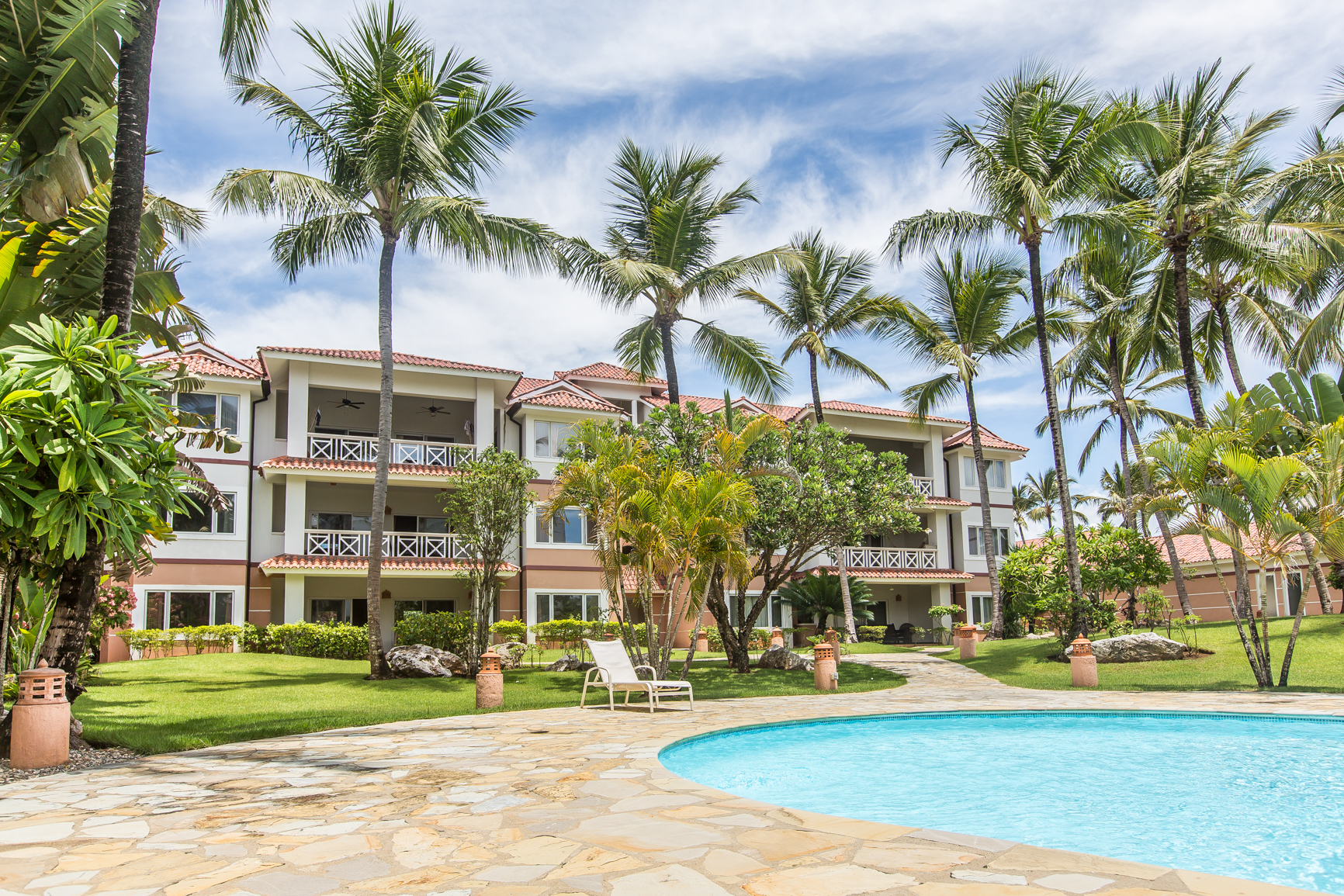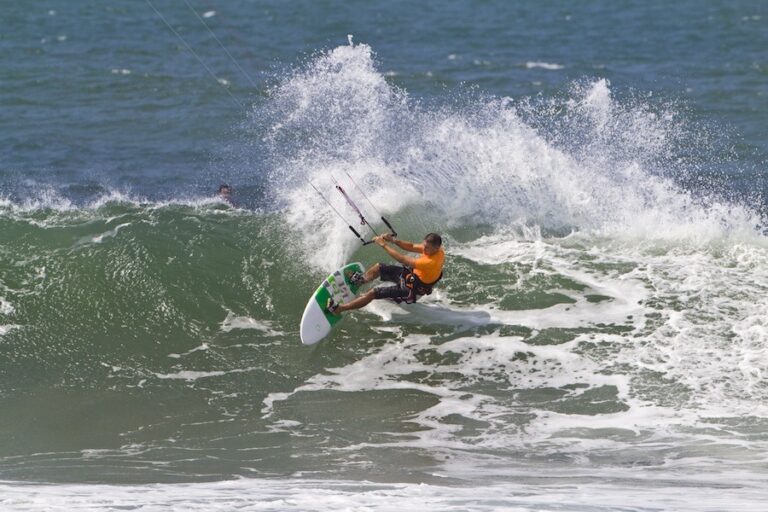The Dominican Republic is a representative democracy with a multi-party political system. The President of the Dominican Republic is the head of state and government, and is elected by popular vote for a four-year term. The President is both the chief of state and head of government, and leads the executive branch of the government. The President is responsible for executing and enforcing the laws of the Dominican Republic, and is also the commander-in-chief of the armed forces.
The legislature of the Dominican Republic, the Congress, is a bicameral body consisting of the Senate (upper house) and the Chamber of Deputies (lower house). The Congress is responsible for passing laws, and the President has the power to veto legislation.
The judicial branch of the Dominican Republic is headed by the Supreme Court, which is comprised of nine judges who are appointed by the President. The Supreme Court is the highest court in the country and is responsible for interpreting the laws of the Dominican Republic.
The Constitution of the Dominican Republic was first promulgated in 1844, and has been amended several times since then. The Constitution guarantees a number of rights and freedoms, including freedom of speech, freedom of assembly, and freedom of religion. It also establishes the separation of powers between the executive, legislature, and judiciary.





Leave a Reply